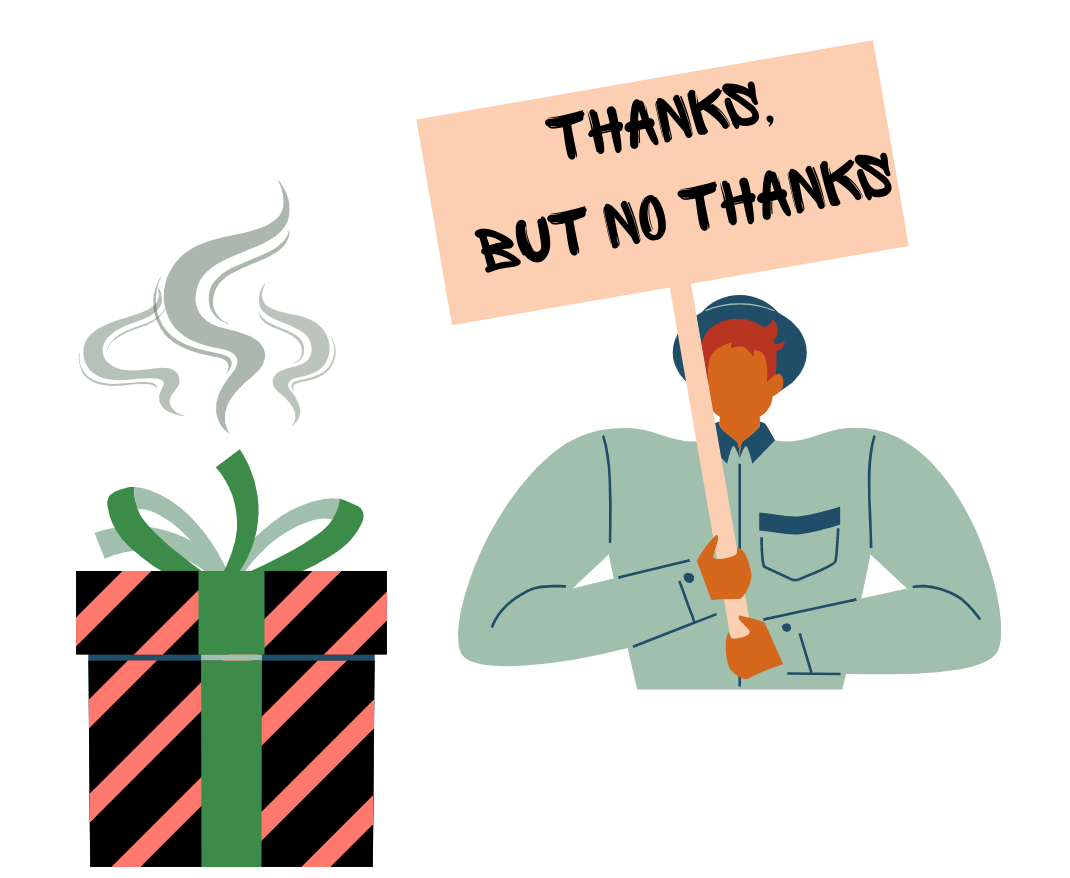You Get What You Get and…


I have a feeling this blog post may irritate some people out there. To be honest, if I read what I’m about to write 10 years ago, I’d probably be one of those irritated people. But, I’m ok with that. Sometimes it takes some irritation to help you see things differently.
Before I became a parent, I was so judgmental of other parents. I was so sure I could do a better job. I remember rolling my eyes and whispering under my breath about the parents of the kid on the airplane who wouldn’t stop kicking my seat. “When I’m a parent, my kid will be [insert desirable attribute]. And, they will listen to me, that’s for sure!” Ha. I learned how wrong I was almost immediately after my older daughter was born. What I didn’t know before becoming a parent is that 1) each of your kids is born as an independent person from you. A person with their own values, goals, ideas, and beliefs about the world. And 2) who you are as a parent is also largely out of your control. Now, don’t get me wrong, we can and do change who we are. We can change our values, educate ourselves on different topics and evolve our way of thinking. I have done exactly this for the last 13 years of being a parent. We can’t, though, change our neurotype. I can’t suddenly have excellent organizational skills and be the type of parent who can implement a rigid schedule for my family. I mean, perhaps I COULD do that, but the amount of energy and effort that would be required of me would leave me with little effort and time left to do anything else. Learning this about myself was a slow process. I remember when my older daughter was born, she was a terrible sleeper (very common with gifted, 2e, and ADHD kids, btw). I was so sure that the issue was my inability to keep her on a schedule. I became completely fixated on her sleep (and still am a total freak about sleep). And, in the end, I really couldn’t get things to improve. This of course was before I had been diagnosed with ADHD, so like many other failings in my life, I assumed that I wasn’t trying hard enough or “doing it right.” I blamed myself and compared my kid to every other kid I knew.
This tendency to compare my kid to others continued through her early years. Beyond sleep, she was much more sensitive than other kids her age. She felt everything – both sensory and emotional – so much more deeply than her peers. At first, I saw her differences as something that needed fixing. I tried every strategy I could to help us leave the playground without a meltdown, or manage a change in plans, or help her when she insisted on succeeding at the monkey bars at age 3. Sometimes, though less than I’d like to admit, I was understanding and empathetic to her struggles. Mostly, though, I was annoyed and embarrassed that I had a kid who lost her shit every.single.time we left the playground. Why wouldn’t she do what all the parenting books said kids her age should do? Why did everything have to end in tears? Why wouldn’t she just fit in already and be “normal”?
Thankfully she was stronger than me. Once I took the time to listen to her, she taught me that there is nothing wrong with her. She didn’t need fixing or changing. She was never going to comply and that’s one of her most admirable traits.
I remember one of the first books I read that really changed my views on intense kids – “Raising Your Spirited Child,” by Mary Sheedy Kurcinka. It changed my relationship with my kid, and my fundamental understanding of parenting. One of the exercises in the book was what I call a “rebranding.” I wrote down all the most frustrating qualities of my kid and spun them into positive characteristics. Demanding? Nah, she just has high standards and knows what she wants. Explosive? Nope – she just feels things very deeply and shows her emotions easily.
That exercise was really a turning point. Since that transformative experience, I’ve been working on acceptance. Both accepting myself, and accepting my two daughters. Acceptance doesn’t mean throwing my hands up or giving up. Acceptance, for me, means first mourning the life I thought I wanted or at times wished I had. I can’t deny to myself that I had expectations of who I would be as a parent and expectations of what my family would be like. Some of those expectations were inauthentic to me. Those have been pretty easy to let go of. Some of them were authentic desires that just weren’t in the cards for my life. Those have been more work. But, the work is worth it.
Acceptance also means seeing my strengths and my kids’ strengths, and seeing my weaknesses and my kids’ weaknesses. Seeing, without judgment. I’ll never be the kind of mom who won’t be anxious about getting to places on time. I’ll never be the kind of mom who can handle huge messes and loud noises. Pretending that I’m a different person hasn’t helped me to be that mom. Working hard to change who I am, also hasn’t helped me to change. Instead, accepting that I like to be on time, and working on strategies to make that happen more often, has been helpful.
Similarly, I have worked very hard on seeing my daughters for who they are and valuing their unique selves. Am I perfect at this? Oh hell no! I’m a work in progress. But, when I so badly wish that my older daughter would be more accommodating or that my younger daughter would be less messy, I remind myself that that isn’t who they are. When I take a moment to notice, I see an older daughter who has a deep level of integrity. She needs to be true to herself and her values. Compromising who she is, isn’t possible. I am in awe of this quality of hers. But, sometimes it would be so much easier if she could be a little less principled 🙂
Is having a supremely messy and disorganized child easy for me? Nope. But, it isn’t inherently morally superior to be organized. And, maybe it’s so difficult for me that she’s messy because I struggle with organization myself. At the end of the day, my kids are who they are. The more I can unconditionally accept them, the more connected we will be and the more authentically valued and loved they will feel. And, the more connection between us, the higher the likelihood will be that they actually care about my thoughts, advice, and life experience.
